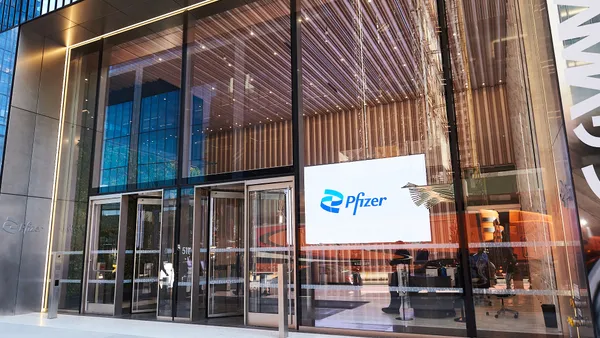Enrollment of clinical trial subjects in far-ranging global destinations has become desirable for many drug developers. Generally, these regions offer a large pool of relatively treatment-naïve patients, GCP-standard medical facilities, capable health care professionals and a substantially lower cost to conduct clinical studies. The varying regulatory and ethical requirements, complicated by medical, cultural and political variation in each country, pose daunting pressures on sponsors. However, they need not be. Consider the following standard approaches that can be integrated into the clinical trial planning processes to guard against delays. 1. Perform Comprehensive Feasibility Assessment Empirical data must guide the analysis of country selection to ensure that proper fit along all pivotal considerations, including regulatory and EC approval timelines; acceptability of study procedures (e.g. placebo, invasive testing); clinician, patient and caregiver receptivity to study type; anticipated patient access points; bureaucratic barriers; clinical sites’ estimated patient database volume, standard of care, disease definition familiarity; and common use of applicable evaluative tests among health care professionals, among other inquiries. It is this fact-based process that generates objectivity. In a recent case study, we performed this evaluation to determine country appropriate selections for Alzheimer’s Disease monotherapy and add-on therapy studies. The findings revealed both confirmatory as well as unexpected results, including KOL and principal investigator/site perceptions of the investigational compound, availability of a comparator drug and competition from generics. Country-specific acceptability of placebo-based studies and broad national health care services varied markedly and held significant sway in reaching conclusions regarding monotherapy versus add-on study design. What began as an exhaustive 39-country list ultimately was narrowed to a feasible list of five countries through the vetting process. Armed with these objective findings, the sponsor was spared squandering millions in funds in countries where success was unlikely. 2. Educate Country Managers to Align With Study Goals There is a wide range of patient recruitment understanding among clinicians around the world. For many country managers, monitors and principal investigators, they are initially skeptics because of a lack of prior experience. Often they see patient recruitment as only encompassing advertising—a narrow and mistaken view. Worse, many believe that patient recruitment assistance is a sign that their performance has been inadequate. With proper guidance, they come to see patient recruitment support tools as a valuable assist in accelerating clinical timelines. Sponsors need to train country managers to ensure that their understanding and support are aligned to embrace the real purpose of recruitment services: successful achievement of enrollment timelines. 3. Address Specialized Country Requirements Each country has unique requirements for the protection of clinical research subjects, including specifics as to patient communications—details that can cause delays if not properly addressed. Note these requirements and share them among your study teams. For example, Lithuania requires extensive contact information for recruitment materials; the omission of detailed “phone tree" specifics can render otherwise acceptable communications defective. Likewise, protection for stigmatized populations can upend culturally adapted materials. In South Africa, explicit notation of models used in images for HIV-study advertisements is mandatory. Allow for differing aesthetic design expectations, e.g., white space in layouts for European countries are commonplace. 4. Submit “Draft Protocols" to Country Authorities This process may accelerate review of the study and recruitment materials by affording sponsor clinical team members the opportunity to answer questions early on in the approval process. For example, China is showing signs of encouragement by allowing pharmaceutical manufacturers to provide draft protocols. Begin establishing such relationships among Ministries of Health, as their long-term cultivation will support a more predictable timetable for clinical study design approval. 5. Prepare Clinical Teams for EC/IRB Types All timelines are affected by EC/IRB bodies, including approvals, shipping, edits of materials and achievement of enrollment goals. Knowing whether central or local structures are in effect (or both) can help prepare your teams to align their calendars accordingly. For example, the preference for a mix of central and local IRBs is common in Russia and Spain, indicating a longer pre-launch timeframe. Strategic global subject enrollment and compliance planning, if properly integrated with the initiatives listed above, can significantly improve clinical trial timelines by as much as one to four months. Healthcare Communications Group Healthcare Communications Group (HCG) specializes in professional clinical trial recruitment and retention services. HCG helps pharmaceutical companies involved in drug development rapidly enroll subjects and retain them in Phase II – IV research studies. { For more information about HCG, visit hcg.com.
An article from


Global Patient Recruitment: Preventing Delays Through Knowledge Application
Filed Under:
Commercialization










